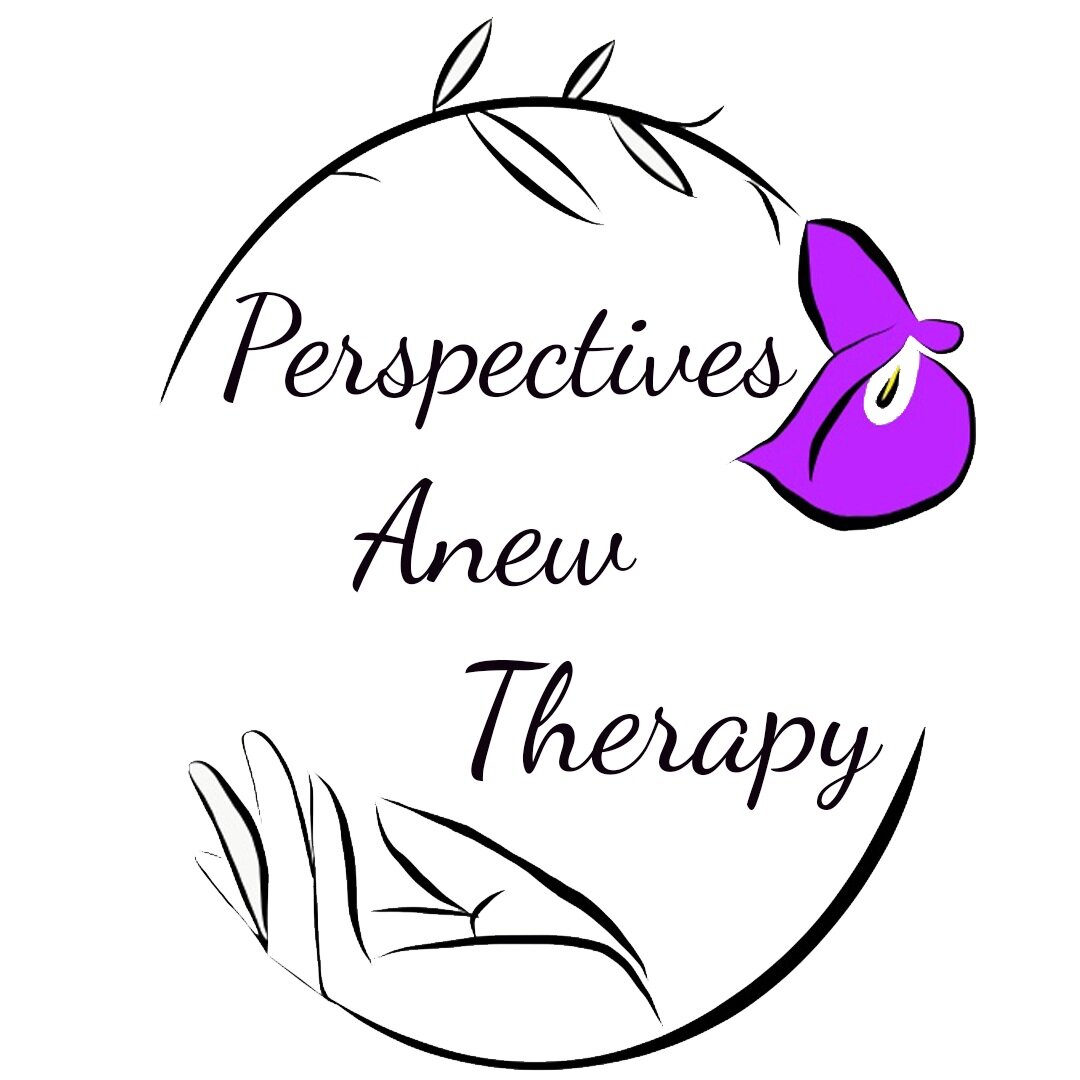The Anger Iceberg
Dr. Daniel Goleman explained that “emotions are, in essence, impulses to act, the instant plans for handling life that evolution has instilled in us.” Anger causes our blood to flow to our hands which makes it easier for us to fight, additionally our heart begins to race causing a surge of adrenaline strong enough to take “vigorous action.” The purpose of anger is to protect us, however anger should be thought of as an iceberg with what’s causing the anger to be below the surface of the water. This means that when we are angry there are emotions hidden underneath the surface, which are our underlying feelings driving the anger. Anger is one of the six “basic emotions” alongside disgust, fear, happiness, sadness, and surprise. Because of this, anger can be used to protect the feelings lying beneath it because those emotions are driving the anger.
Feelings that may be at the bottom of the anger iceberg include embarrassment, loneliness, depression, fear, or a combination of multiple feelings. Understanding this can help families and couples understand each other better and have healthier conversations. When someone, especially a loved one, is directing anger towards us we tend to become defensive because it brings our anger to the surface. This can then result in heated arguments causing everyone involved to feel misunderstood and hurt. The three tips for listening to anger include: not taking it personally, not telling your partner to “calm down,” and identify the obstacles.
Not taking anger personally is important because typically the anger being directed at us by another person has nothing to do with us, but their own feelings. Becoming curious about why someone is angry can help address the underlying emotions driving that anger and opens an opportunity for genuine conversation instead of both people acting defensively. You want to avoid telling your partner who is angry to “calm down” because it comes across as not caring about how they feel or that how they feel is unacceptable. We do not want to change or fix someone’s emotions, that is not our job it is theirs, but rather express an understanding about how they feel. This results in your partner being heard which causes higher levels of trust between partners. Lastly, identifying the obstacle is important because anger is an obstacle blocking a goal. By identifying what is driving someone's anger they can provide insight into why they are feeling angry and work to resolve it.
Source: The Gottman Institute
